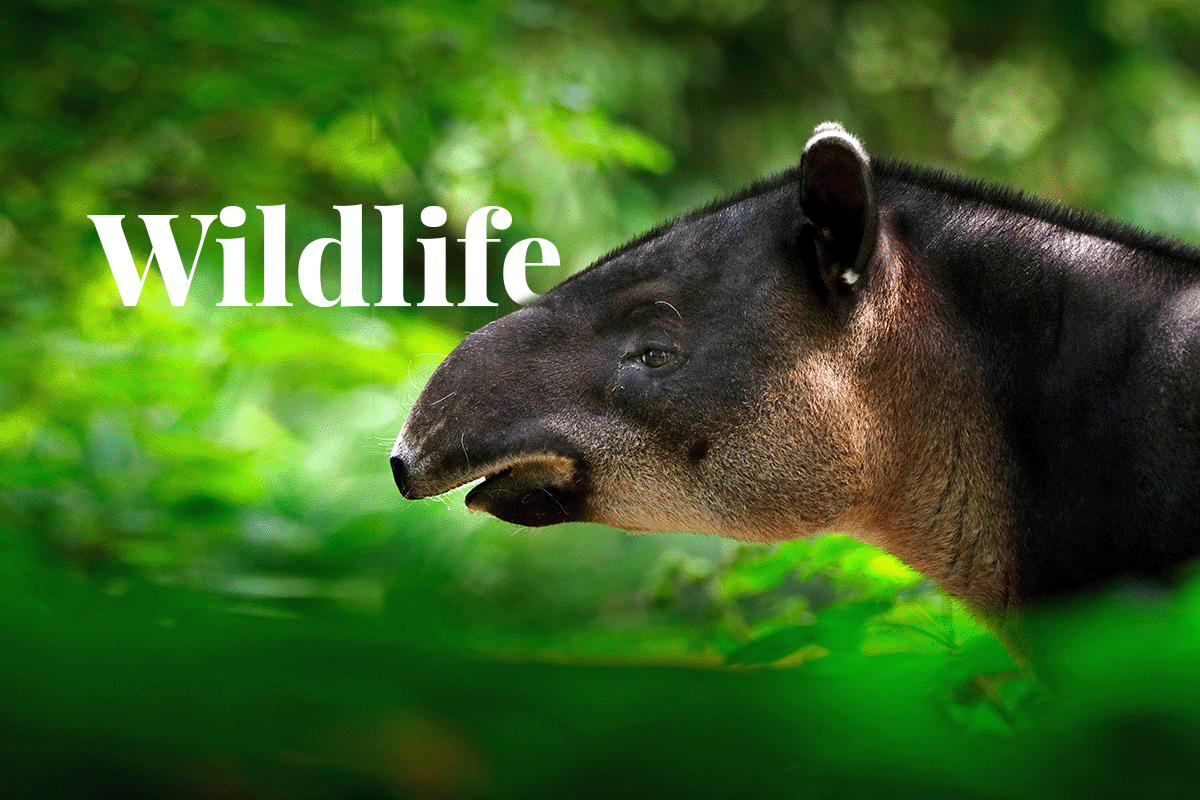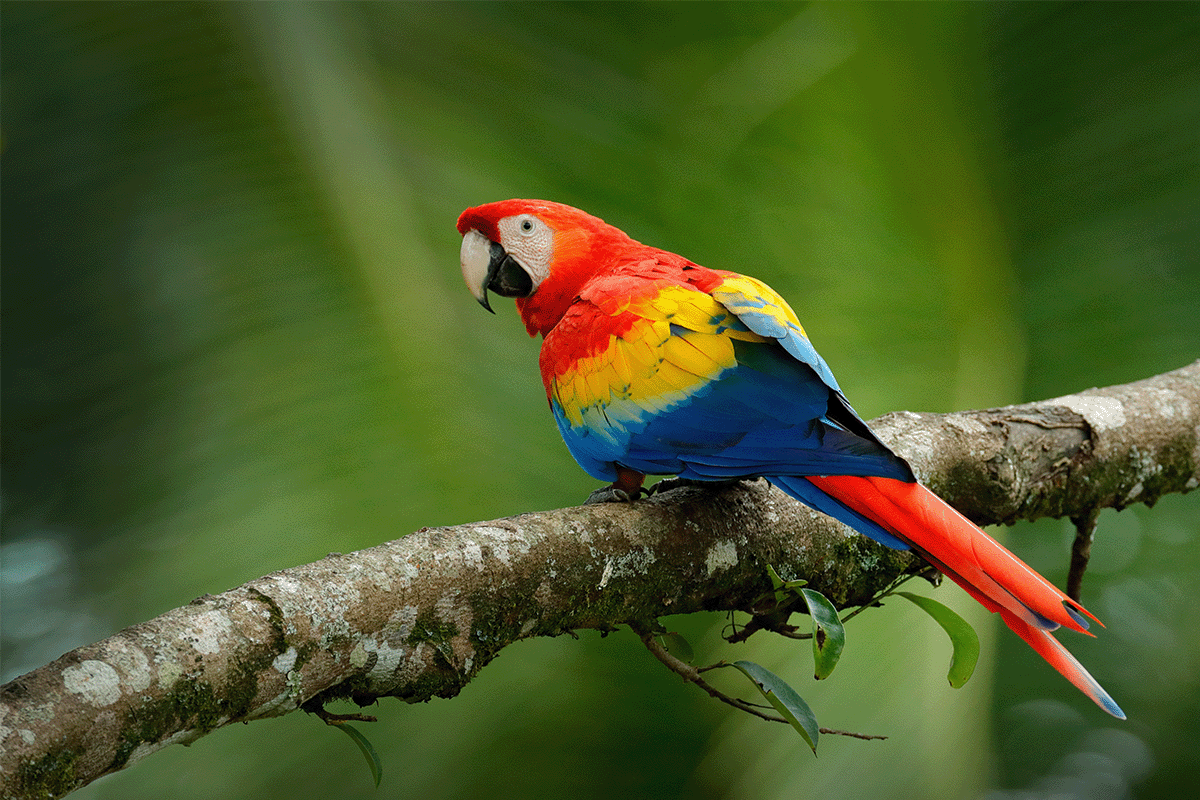Deforestation in Honduras has had a significant impact on the wildlife in the country, leading to habitat loss, species migration, and even extinction. Protecting the country's wildlife is crucial for maintaining healthy ecosystems, which provide a range of benefits for both wildlife and humans.
 Picture of a Baird's tapir in its natural habitat.
Picture of a Baird's tapir in its natural habitat.
The effects of deforestation in Honduras
By understanding the relationship between deforestation and ecosystem health, we can work towards a sustainable future for Honduras and its wildlife. The effects of deforestation on wildlife in Honduras are far-reaching and can significantly impact the ecosystem as a whole. One of the most significant impacts is the loss of habitat, which can force many species to migrate to other areas or even become extinct. The loss of biodiversity can also impact the food chain and disrupt natural processes, leading to further ecosystem imbalances.
Read more: Top 10 causes of deforestation
According to the World Wildlife Fund (WWF), Honduras is one of the top ten countries with the highest deforestation rates in the world. Between 2001 and 2019, the country lost more than 37% of its forest cover, primarily due to logging, agriculture, and cattle ranching. This loss of forest cover has led to a decline in the populations of many species, including jaguars, howler monkeys, and scarlet macaws.
Read more: Countries with the highest deforestation rates in the world
In addition to the direct impacts on wildlife, deforestation can have wider implications for the environment and economy. Trees are crucial in maintaining healthy ecosystems, regulating water cycles, and supporting local communities. When trees are cut down, these natural processes can be disrupted, leading to a range of negative impacts. For example, deforestation can lead to soil erosion, impacting agricultural production and increasing the risk of landslides and flooding. It can also lead to a reduction in water quality, impacting the health of wildlife and humans.
Protecting the wildlife in Honduras
Protecting wildlife in Honduras requires a multi-faceted approach, including reforestation efforts, sustainable forestry practices, and habitat restoration. The Honduran government made progress in this area, including establishing protected areas and promoting sustainable land-use practices. However, more must be done to address the root causes of deforestation, such as the demand for timber and agricultural land.
Conservation initiatives
 Picture of a colourful Scarlet Macaw, one of the most endangered species in Honduras.
Picture of a colourful Scarlet Macaw, one of the most endangered species in Honduras.
One promising development in Honduras is the growing interest in ecotourism, which can provide economic incentives for protecting wildlife and ecosystems. Ecotourism can also help raise awareness about the importance of protecting wildlife and the natural environment.
There are a number of organisations working to protect wildlife in Honduras, including the Mesoamerican Development Institute (MDI) and WWF. The MDI works to promote sustainable development in the region, including sustainable forestry practices and community-based conservation initiatives. The WWF has also been active in Honduras, supporting reforestation efforts and working with local communities to promote sustainable land use.
Conclusion
In conclusion, the importance of protecting wildlife in Honduras cannot be overstated. Deforestation has significantly impacted the country's wildlife and ecosystems, and urgent action is needed to address this issue. By promoting sustainable land-use practices, protecting critical habitats, and supporting ecotourism, we can work towards a sustainable future for Honduras and its wildlife.
It is essential that we continue to raise awareness about the importance of protecting wildlife and ecosystems in Honduras and around the world. This is what DGB Group aims to do, create awareness and reforest the world at scale. DGB develops large-scale impactful nature-based projects that restore nature and capture large amounts of carbon. These projects help the regeneration of biodiversity and the restoration of vital habitats.
Contact us to find out more about our projects and how you can get involved


